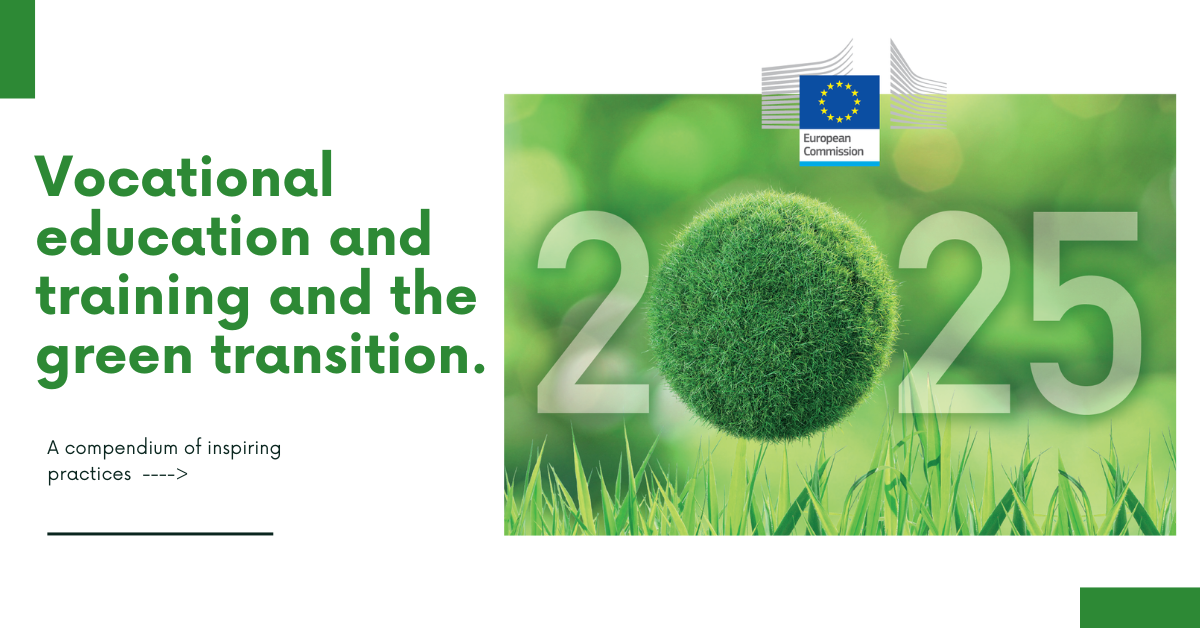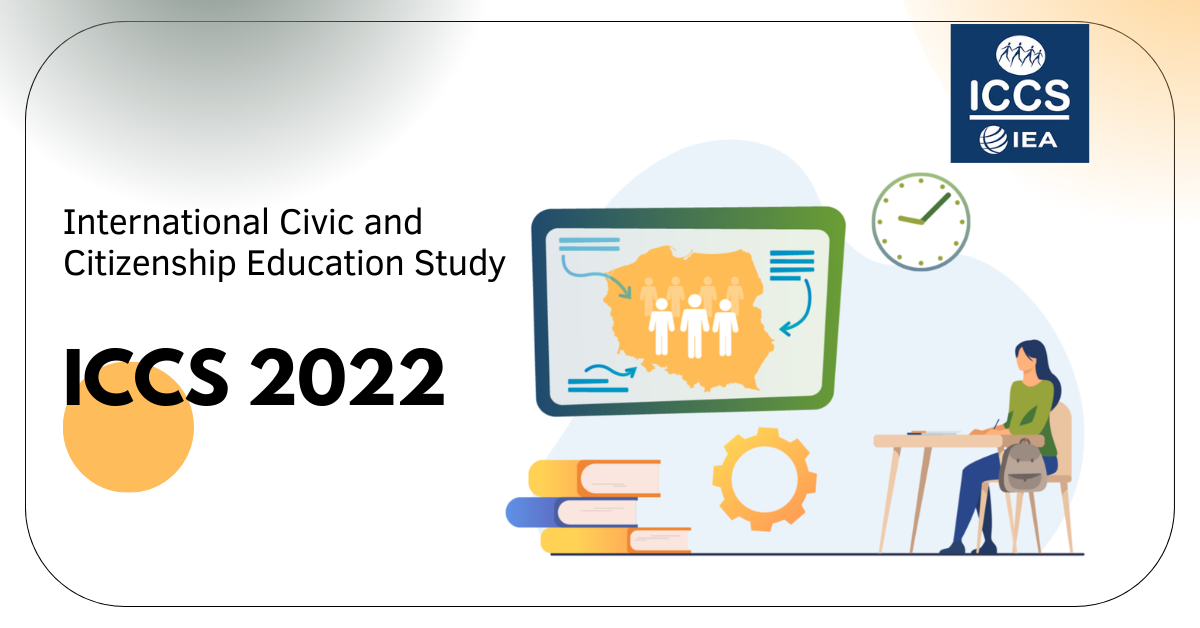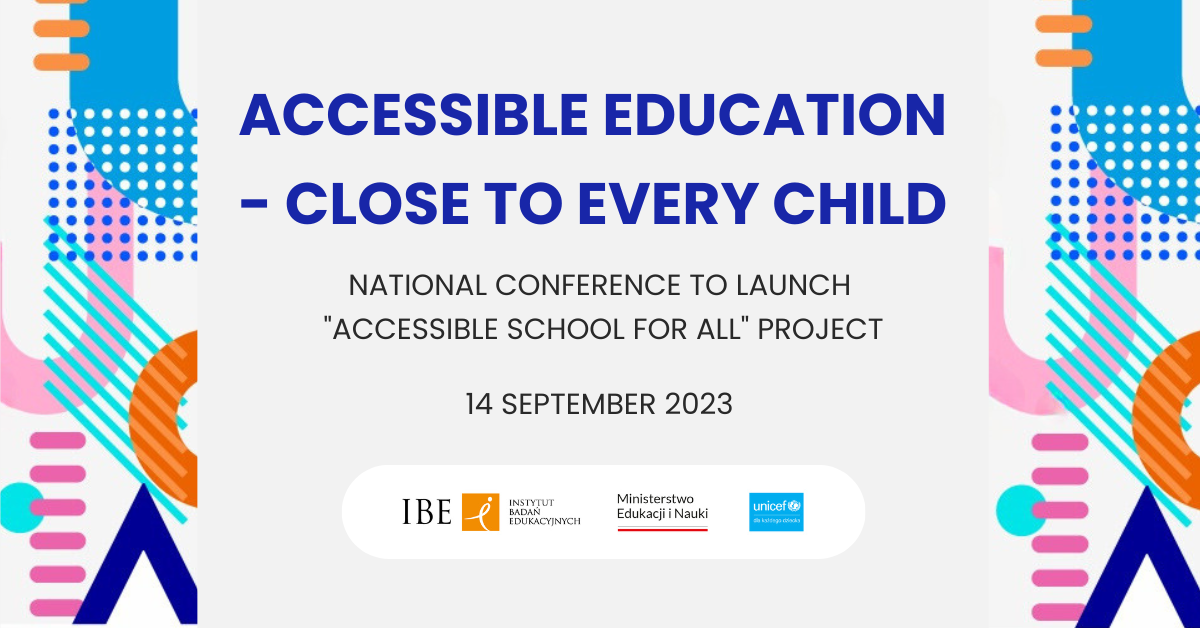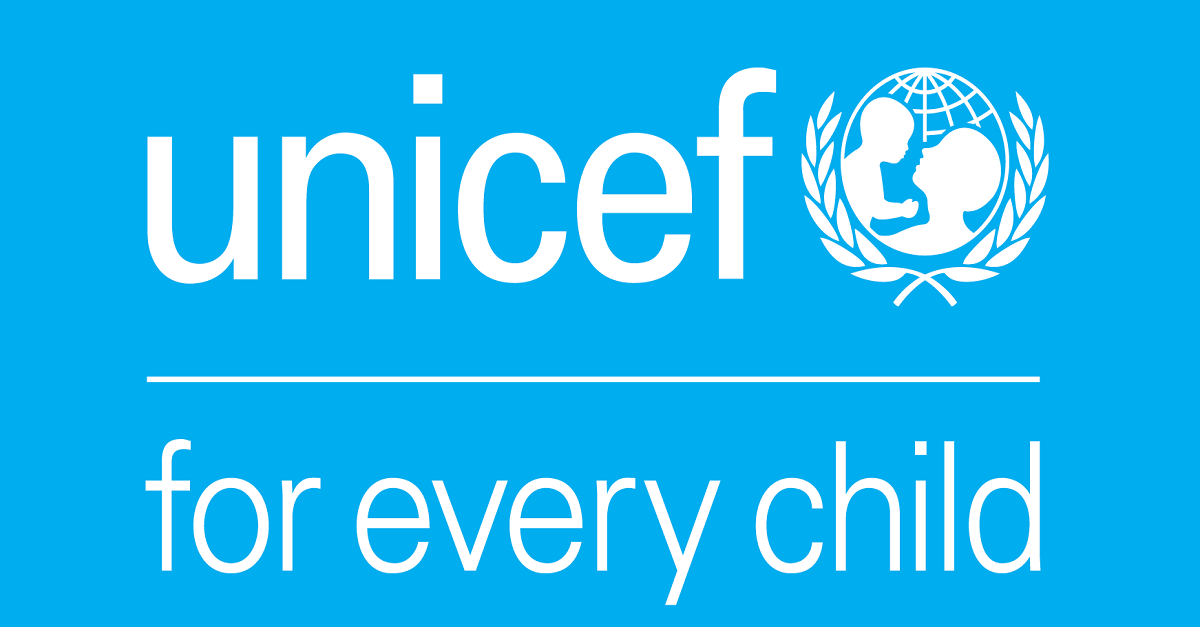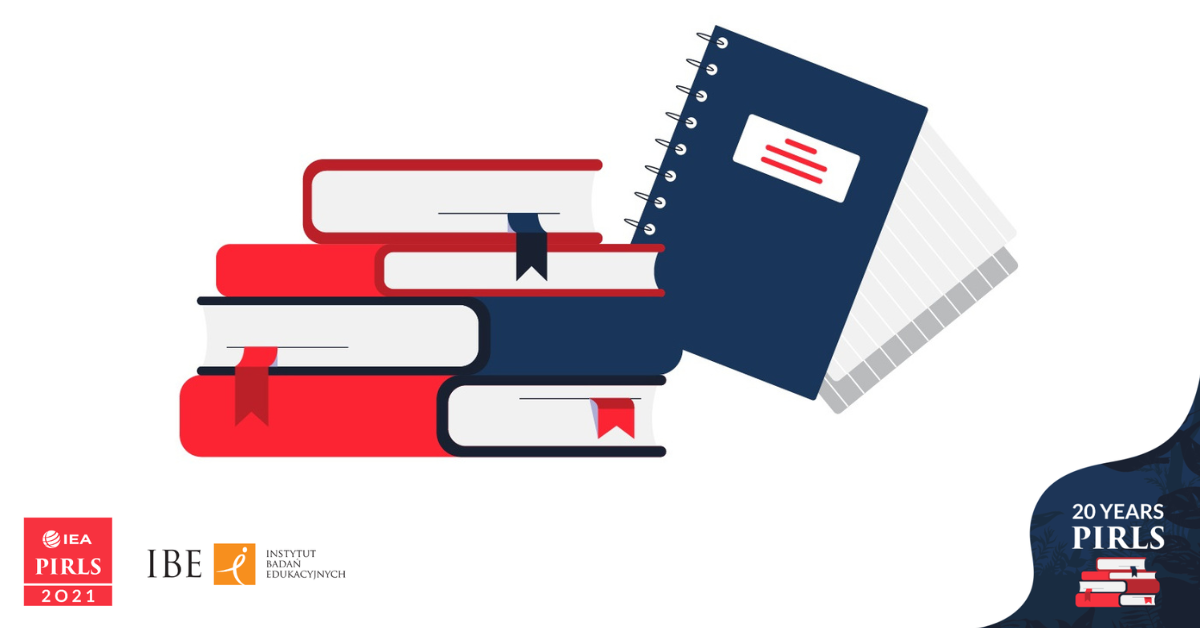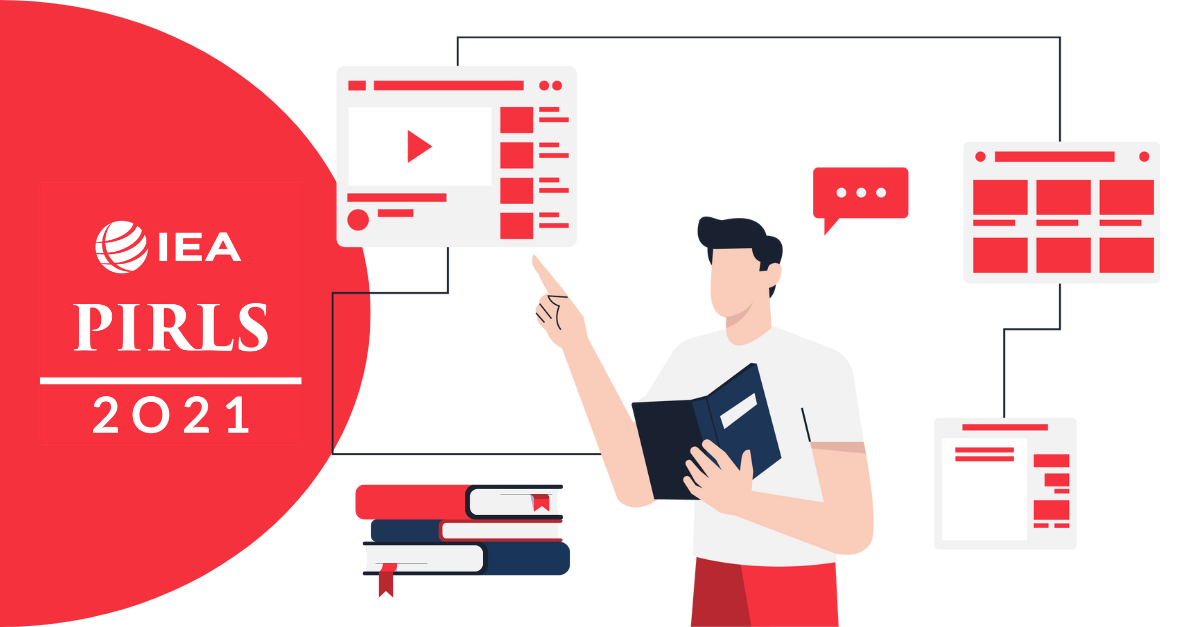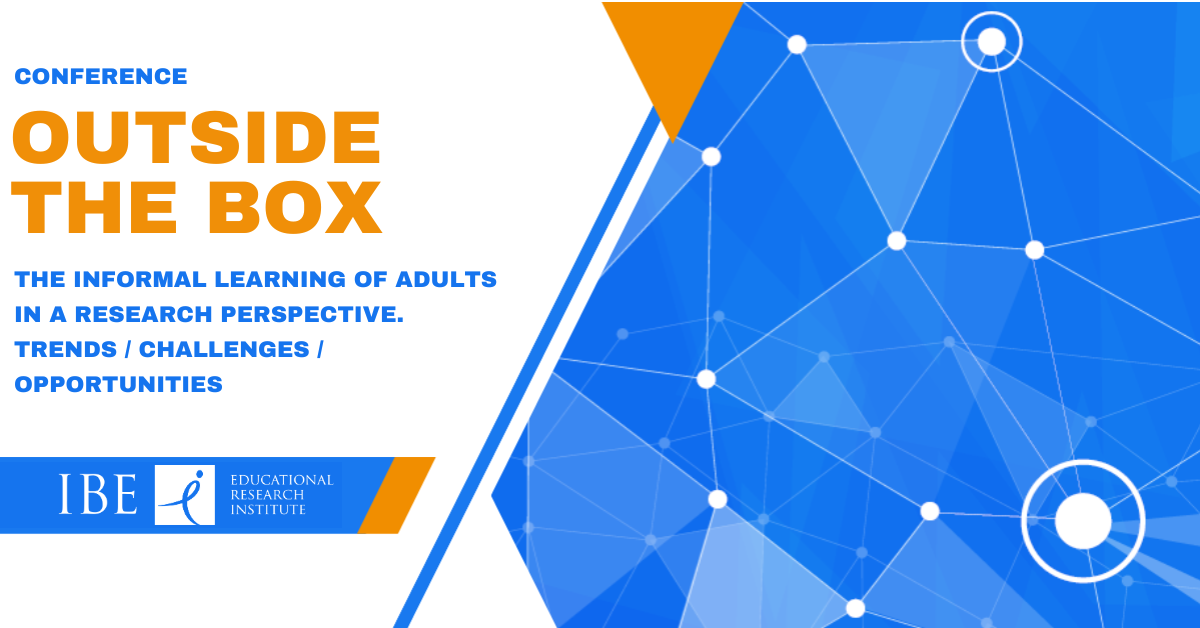Compendium of inspiring practices for the green transition in vocational education and training
Welcome to the "Vocational education and training and the green transition. A compendium of inspiring practices," which presents 57 "green" activities from 20 EU countries, including Poland.

